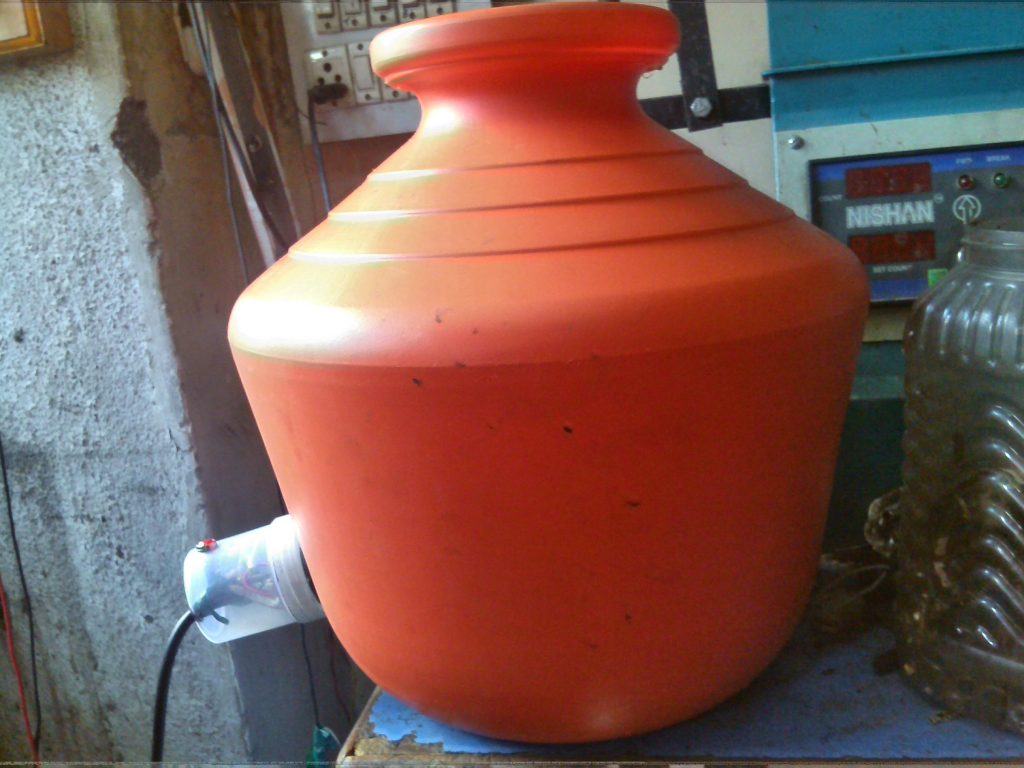
Background: 1000 Dollar from a benefactor enabled a team of university students and slum dwellers to manufacture a water heater that addressed the needs of the community and that they were able to manufacture themselves using (mostly) recycled materials and human centered design. This project took 18 month in total and failed in sustainable implementing the technology into the community because of our ineptitude to grasp the informal power relations within the target community. However, the group was able to learn how to use human centered design within a target community.
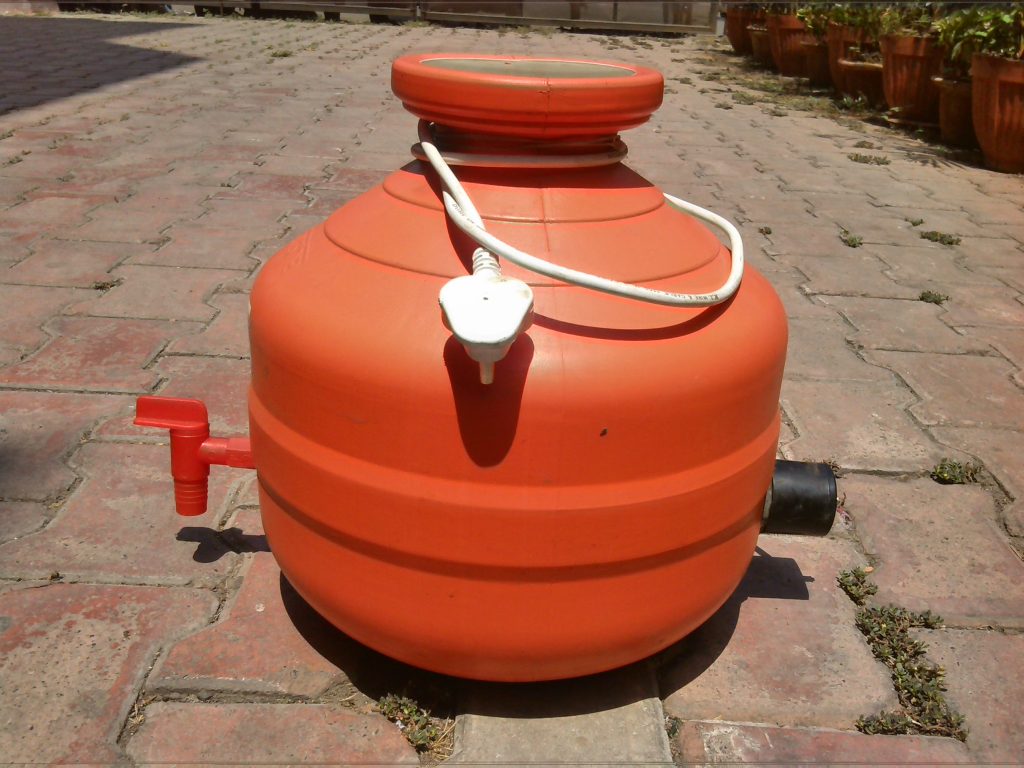
A safe low cost water heater made for the community by the community 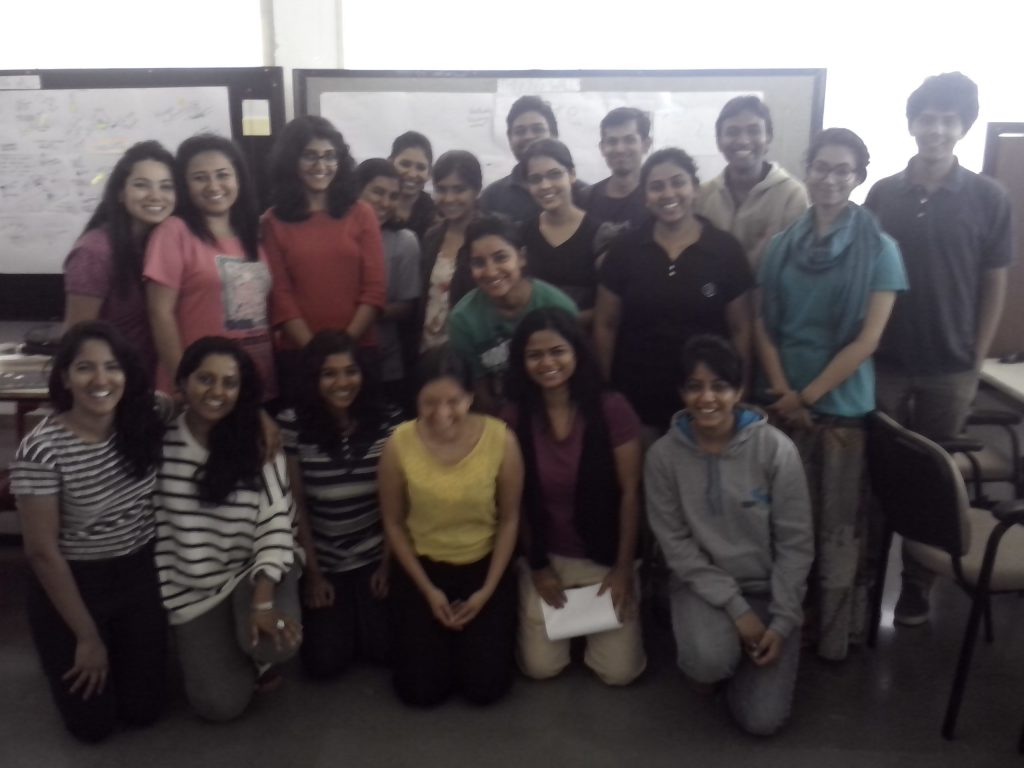
The core team 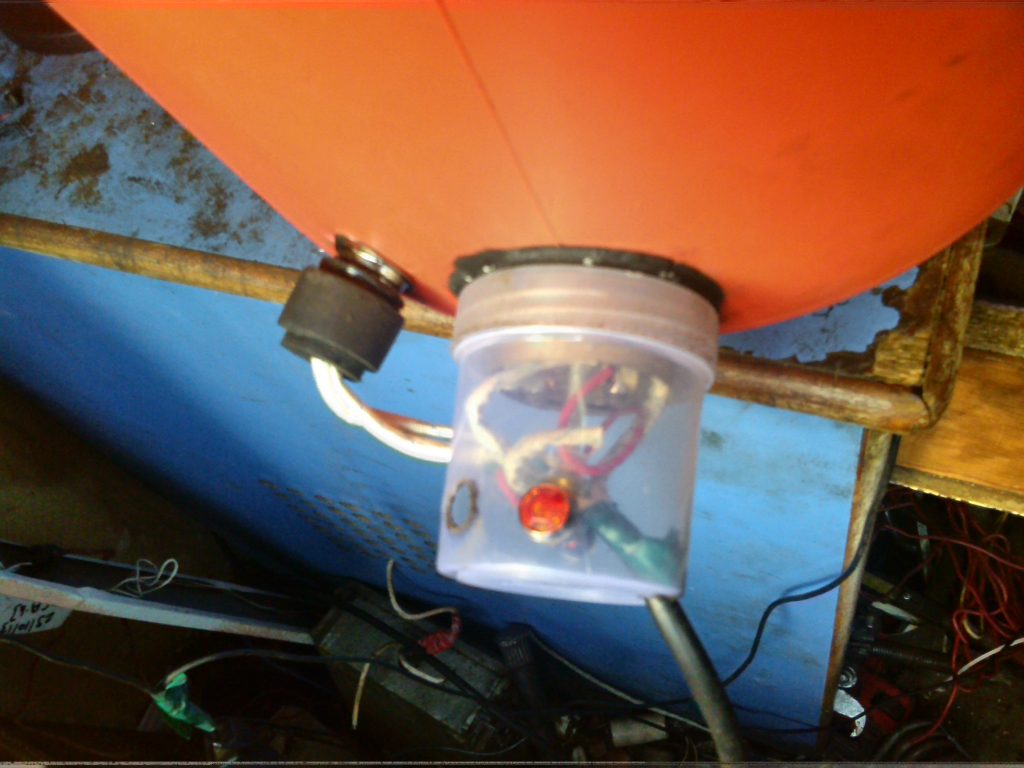
a closer look athe the wires and the safety fuse 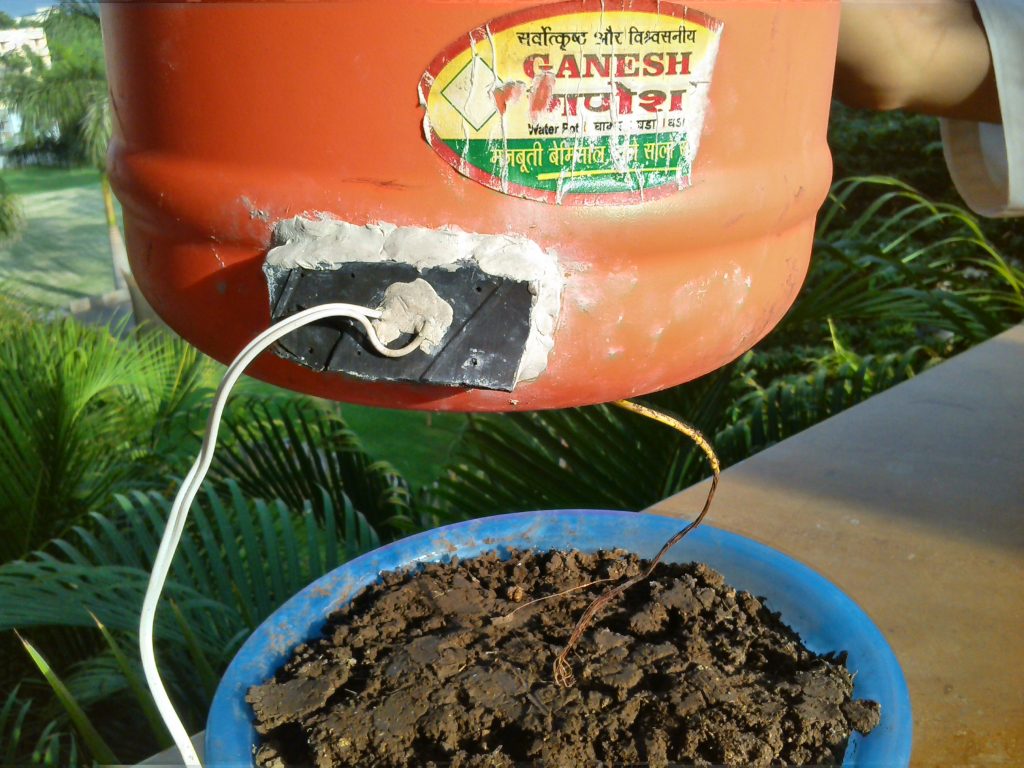
One of the many experiments and prototypes that more often then not failed 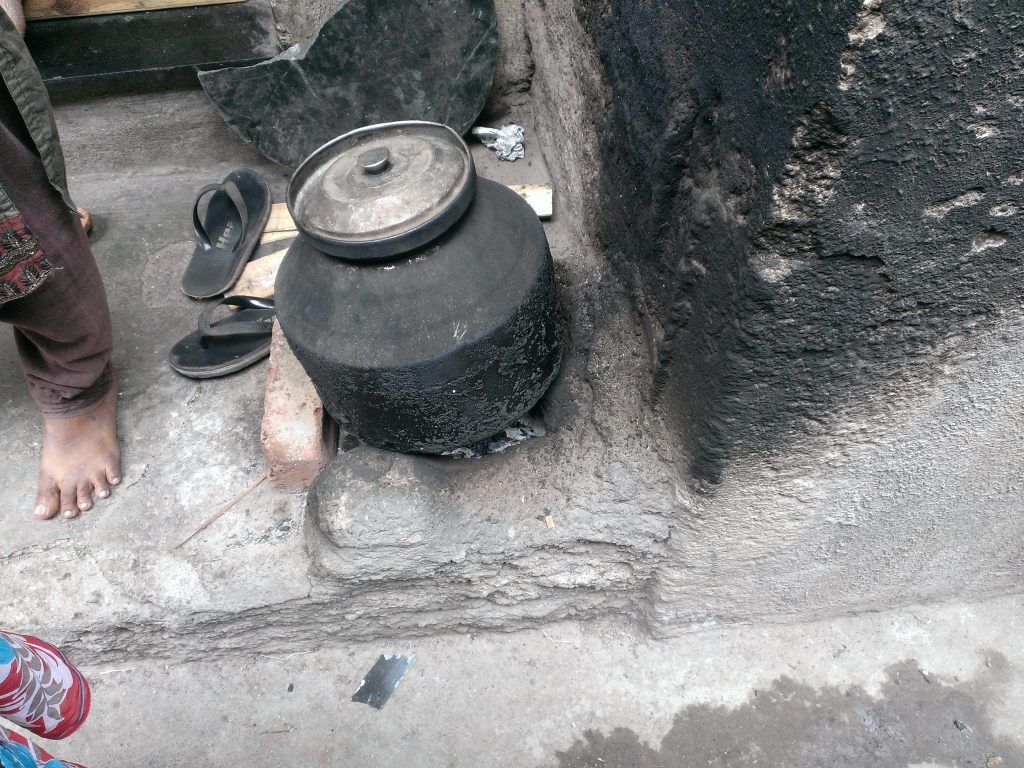
The problem, heating water using trash and wood even though electricity is availabe due to fear of dive water heater
Using the crude manual of human centered design by the Ideo design team and learning from various volunteers and the institutions we involved, we researched the needs and community stakeholders and visualized our findings.
Get a feeling of the community by going for a walk with our researchers!
↑ Click this!
After several month and more patience then ever can be asked of university students we created a design space within one of the MIT Uni campus buildings testing and prototyping there as well as out in the community itself.
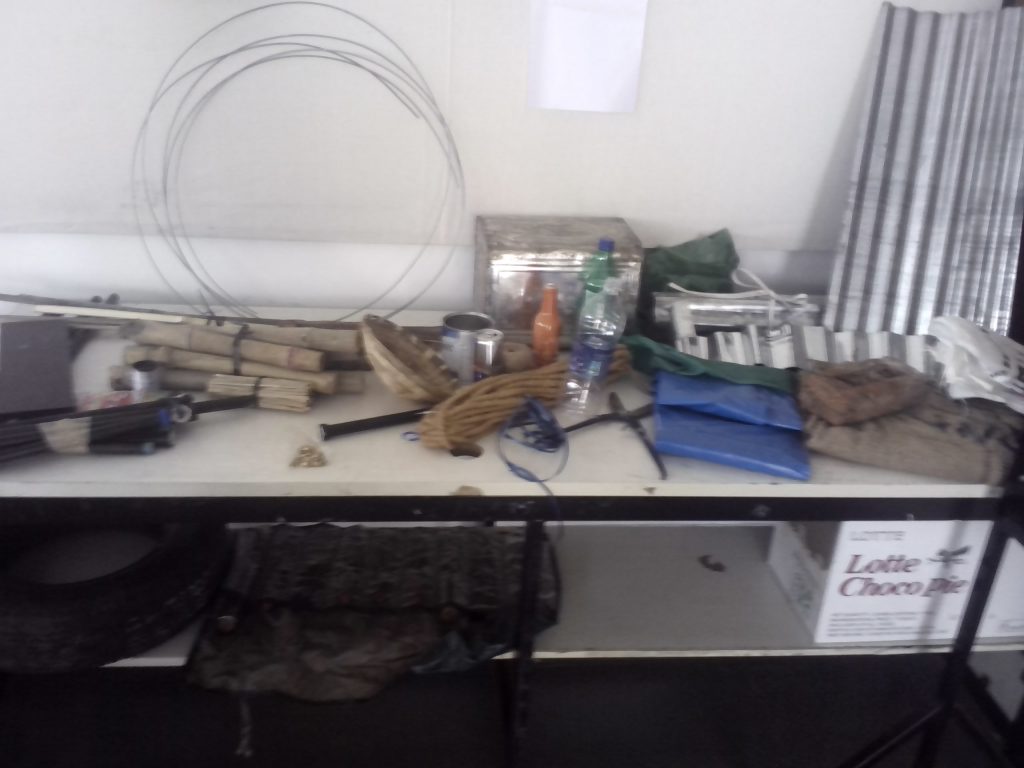
Free resources to play with 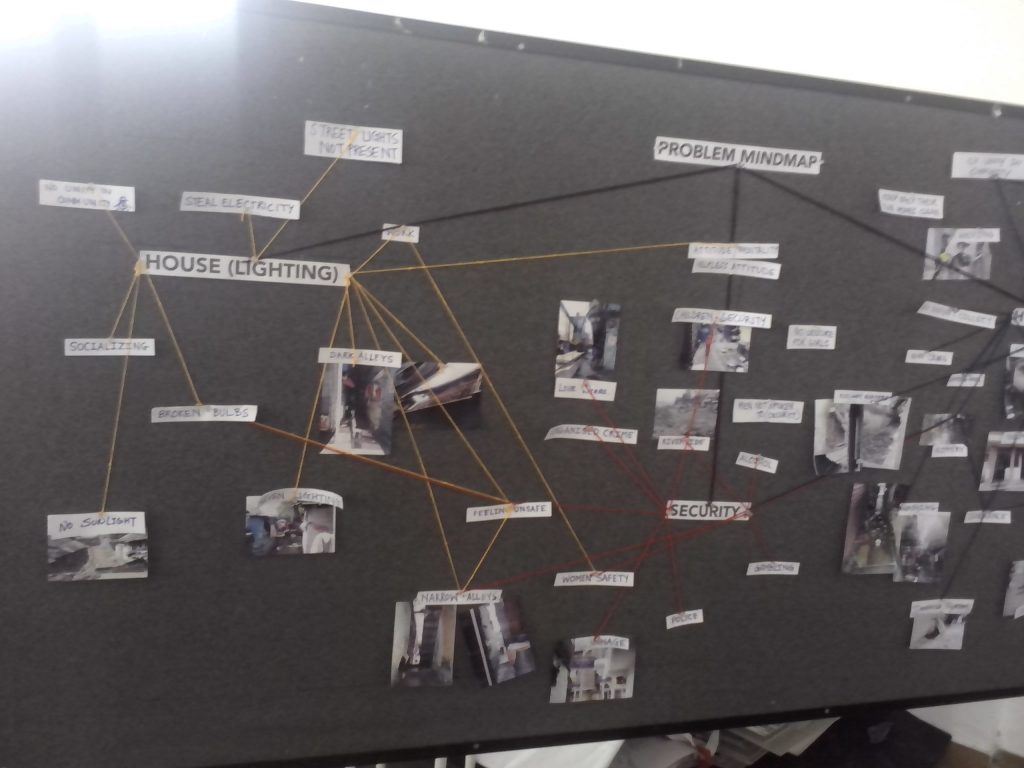
Are there too many mind maps? 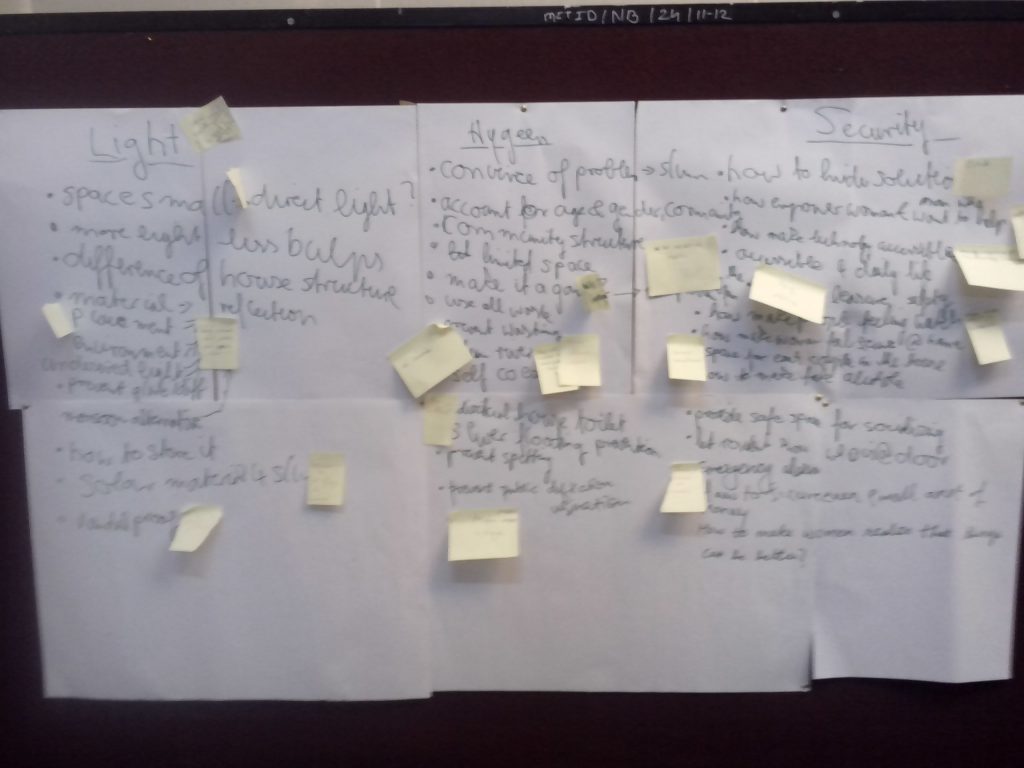
Brainstorm 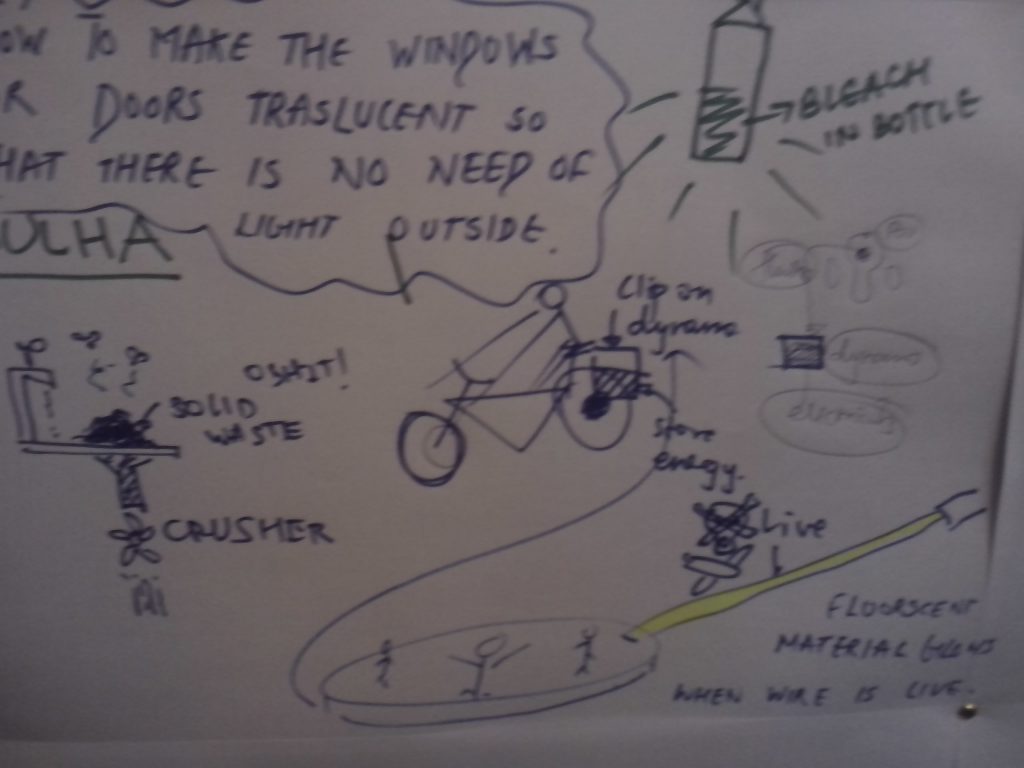
Brainstorm 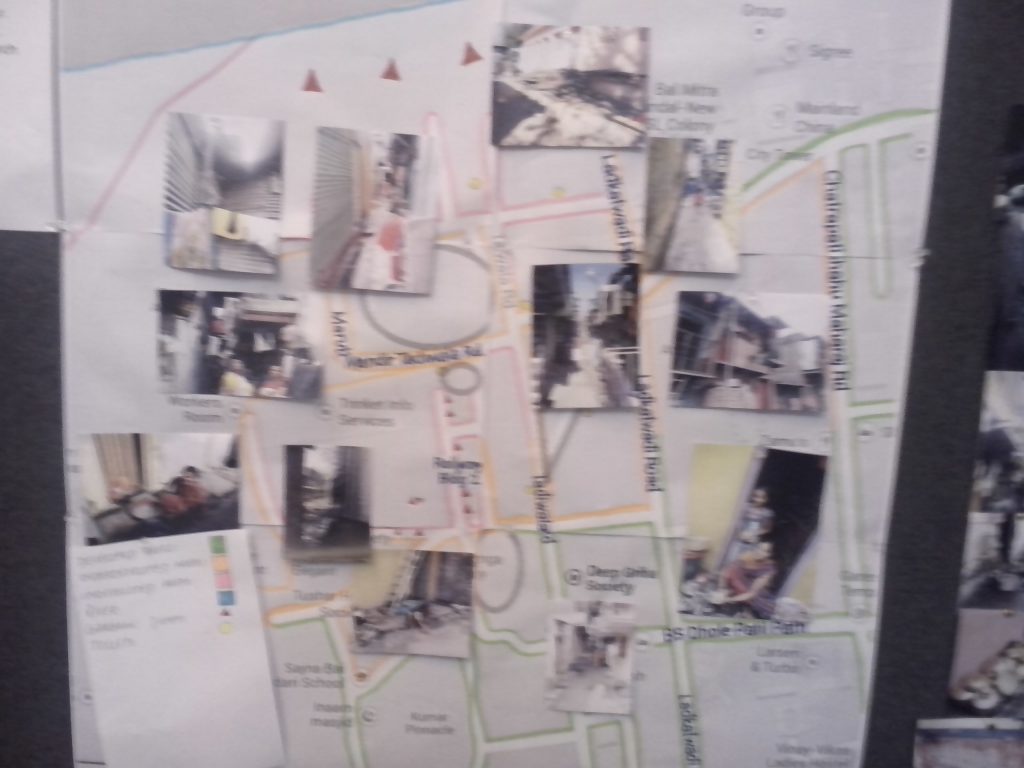
Mapping problems in various ways to highlight interdependency 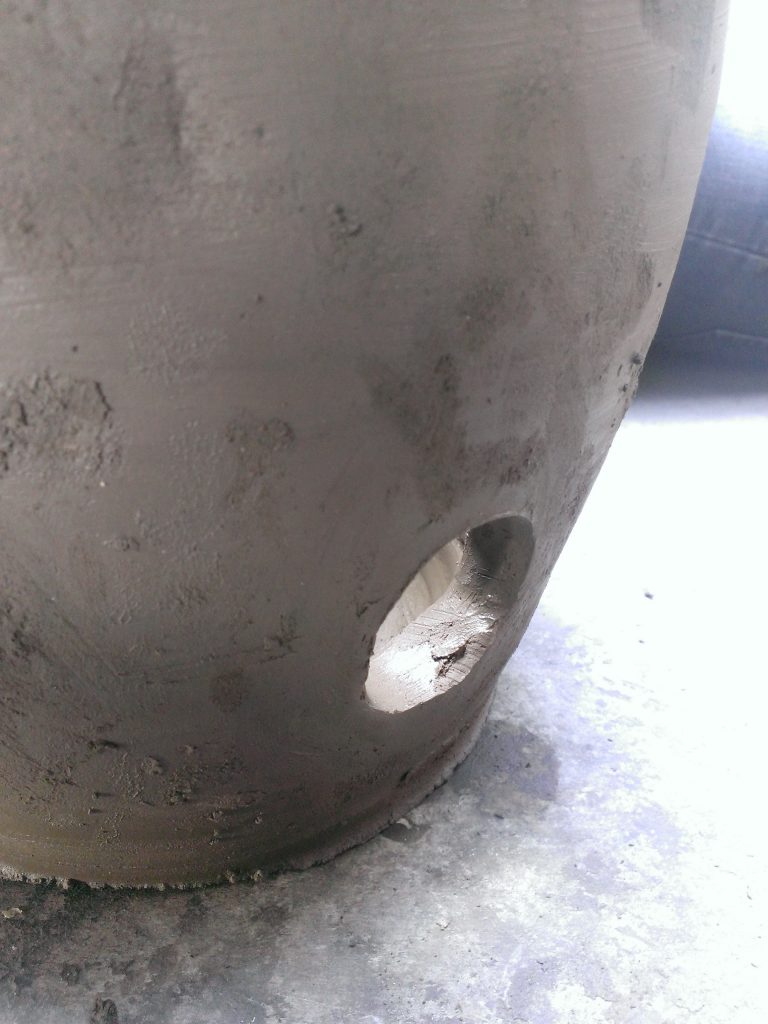
Maybe our product will not be plastc (H2O, clay and electricity do not mix well), another prototype 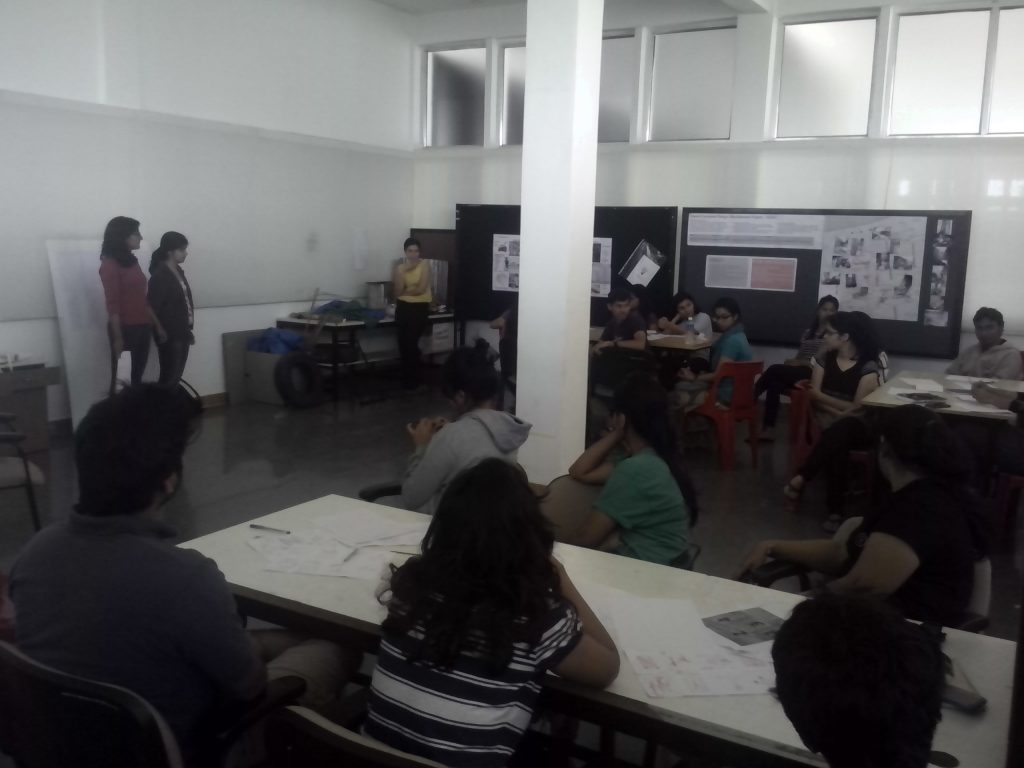
Where most of the thinking was done, inside our University provided tinkering room
Identifying one of the few electricians on the main road of the slum, a young and open minded jack of all trades, we involved him heavily in the design process giving him space to fix our mistakes and as a consequence of that take ownership.
Having tested the product with the informal support of the local team of a world leading product testing and product safety agency, we all felt confident to strive for the distribution of the product. However, here is where the project failed. Unable to retain a clear cause for this we think that the informal economy did not like the competition and used informal powerful stakeholders (the family) to repress the future production and distribution out of the community itself.